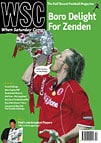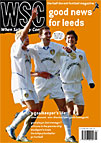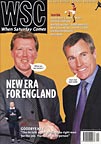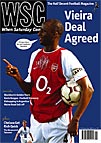 Kevin Keegan’s managerial excesses and successes have meant we have forgotten how, during his playing career, KK blazed a trail away from the pitch, believes Barney Ronay
Kevin Keegan’s managerial excesses and successes have meant we have forgotten how, during his playing career, KK blazed a trail away from the pitch, believes Barney Ronay
In October 1995, with his Newcastle United team creating a stir at the top of the Premiership, Kevin Keegan travelled south to Brighton beach to meet Tony Blair MP, Leader of the Opposition. Dressed in shirtsleeves, with only a TV crew and a twitching mass of photographers for company, the two men stood and exchanged 27 consecutive headers. A bizarre tableau, perhaps, but far from unprecedented in the extraordinary public life of Keegan. Ron Greenwood once described him as “the most modern of all modern footballers”. In fact he was the first post-modern player: the first British footballer to exploit the commercial nexus between sport, celebrity and pop culture; to create out of himself a branded corporate persona; and the first reigning European Footballer of the Year to have a solo hit record – Head over Heels (B-side: Move on down) reached number 31 in the summer of 1979.
Read more…
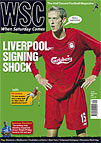 In our third piece on anti-poverty initiatives in football, Paul Virgo reports on the unlikley circumstances that have brought together the corporate giants of Internazionale and the anti-capitalist rebels of the Zapistas in southern Mexico
In our third piece on anti-poverty initiatives in football, Paul Virgo reports on the unlikley circumstances that have brought together the corporate giants of Internazionale and the anti-capitalist rebels of the Zapistas in southern Mexico